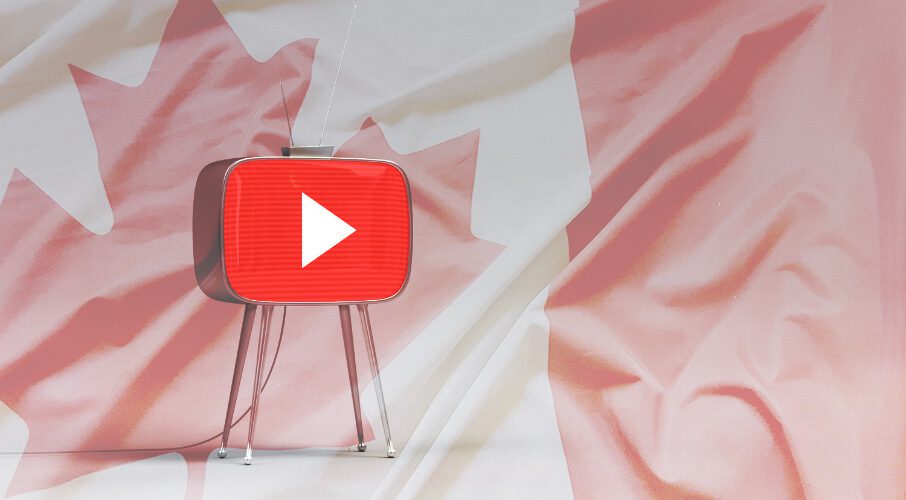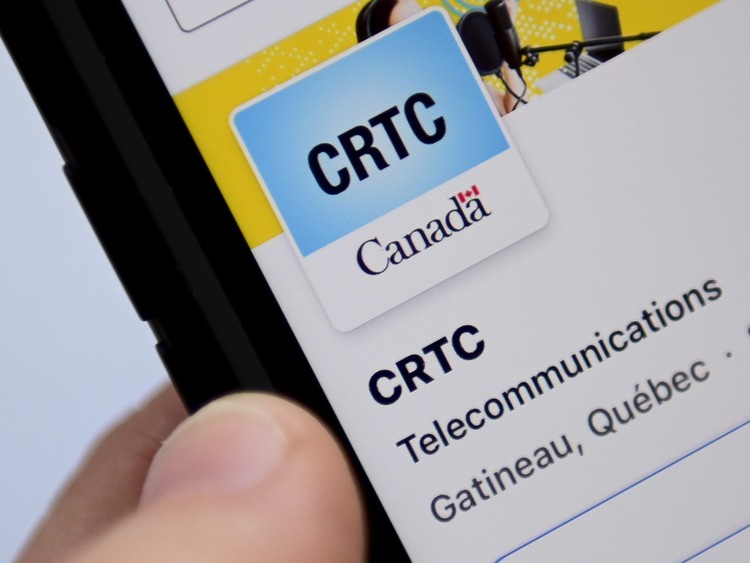Not all Liberals (or any other political party supporters) are a “Group-Mind” like the Borg but what other party is trying to ram though this odiferous piece of censorship?So... if I think this entire thing is stupid and the Libs are idiots for even proposing it and thinking it'll pass...
Am I still a "liberal"??
Bill’s C-10 & C-11. If we aren’t talking about it already, shouldn’t we be?
- Thread starter Ron in Regina
- Start date
You are using an out of date browser. It may not display this or other websites correctly.
You should upgrade or use an alternative browser.
You should upgrade or use an alternative browser.
The NDPNot all Liberals (or any other political party supporters) are a “Group-Mind” like the Borg but what other party is trying to ram though this odiferous piece of censorship?
I hope it doesn't pass otherwise we may as well forget about being free in any aspect of our lives. If we can't get rid of the \liberals, we really are in trouble if we're not already. This Bill cannot pass & we need to contact our legislators & tell them that they will suffer if they allow this to happen.So... if I think this entire thing is stupid and the Libs are idiots for even proposing it and thinking it'll pass...
Am I still a "liberal"??
The NDP & The Liberals are the same party for all intents & purposes since long before Justin & Jagmeet came out’a the closet with their “non-coalition coalition.” They couldn’t not come out of the closet after the trucker rally thing in Ottawa because it became so evident that they had the same speech writer for the same slander and stories going into February 2022. There was no more hiding this from their parents any longer.The NDP
They’re in bed together & married until at least 2025. They’re the same! Any criticism from the NDP of the Liberals is self criticism at best & outright hypocrisy in reality. If Jagmeet & the crew of orange don’t support the liberal shenanigans then just stop freaking supporting the liberals!!!
Why? Why should a non-criminal have to hid from their own government behind a VPN to watch or read the content that they wish to, or from expressing themselves in a free and open society?I just don’t get all the fuss.. get a VPN!!
If I was Funnelling funds to terrorist organizations or trading illegal human organs for weapons of mass destruction, I’d get a VPN, but I’m not. If I think Justin Trudeau is an incompetent unethical boob, I shouldn’t have the CRTC having the authority from said boob to throttling my opinion as misinformation or disinformation on a political forum, & I shouldn’t have to sound like a tinfoil hat theorist for thinking that might be a conclusion from not towing the Trudeau line of approved words and thoughts.
Non Criminal… you’re hiding your information from Criminals and the Government.. FFS
www.StrongVPN.com
www.NordVPN.com
www.StrongVPN.com
www.NordVPN.com
This is actually a BIG problem right now. While the Fed is taking more and more autonomy from the provinces, they're also downloading more and more govt responsibility onto the courts and various organizations that are in no way accountable to the taxpaying voter. It's plausible deniability on a mass scale.
Same pig with different lipstick – Understanding Bill C-11: Mark Mancini for Inside Policy | Macdonald-Laurier Institute
There are real democratic trade-offs to the use of this sort of regulation-making power, and more specifically the downloading of responsibility to the CRTCmacdonaldlaurier.ca
Non-criminal….. why doesn’t the government just go after the criminals, & leave the rest of us well enough alone from their woke bullshit & intrusive intruding? That’s all a load of bullshit & I am hoping that the conservatives get in and squash this load of censoristic manure but that can’t happen until at least 2025 when Justin and Jagmeet sort’a break up until after the next federal election.Non Criminal… you’re hiding your information from Criminals and the Government.. FFS
www.StrongVPN.com
www.NordVPN.com
Both Liberals and leftists have stated that internet access is a "right", so yeah, it should be free and accessible to any and everyone.Really? So the Internet should be free and accessible to any and everyone?
You can't be a Leftist without high speed.Both Liberals and leftists have stated that internet access is a "right", so yeah, it should be free and accessible to any and everyone.
Or a frontal lobotomy.You can't be a Leftist without high speed.
Yep I use it too.I just don’t get all the fuss.. get a VPN!!
I use a VPN to surf the Internet and DishNetwork for TV
View attachment 14212
EDITORIAL: Why Bill C-11 is a problem — Toronto Sun
A new report highlights why Bill C-11 — which has been described as the Trudeau government’s online censorship bill — is so problematic. The Canadian Taxpayers Federation (CTF) has teamed with Professor Michael Geist from the University of Ottawa, an expert in broadcasting and online...
Sign first, then we’ll discuss the details.
Nobody would trust a real estate agent or used car dealership with that approach, but that’s how the Trudeau government is trying to sell its plan to regulate the internet.
The government is currently trying to rush new censorship legislation through Parliament at lightning speed. Through Bill C-11, the Trudeau government plans to hand the CRTC the power to control what content Canadians are exposed to online. This includes filtering feeds on popular apps like Netflix, YouTube and TikTok.
As if that wasn’t bad enough, the government is deliberately choosing not to disclose the scope of these new regulatory powers until after the bill becomes law.
Such an approach runs roughshod over the democratic process.

 apple.news
apple.news
If the government wants to ram through new censorship powers, at a bare minimum we deserve to know just how aggressively the CRTC will be instructed to regulate what we see and share online.
The government can’t even get bureaucrats singing from its own hymnbook.
Heritage Minister Pablo Rodriguez has promised up and down that user-generated content, meaning content a typical Canadian might upload to YouTube or share on Twitter, will not be regulated through Bill C-11.
But Ian Scott, the chair of the CRTC, the entity that will be responsible for doing the regulation on the government’s behalf, says user generated content will be fair game.
Who should Canadians believe?
Nobody would trust a real estate agent or used car dealership with that approach, but that’s how the Trudeau government is trying to sell its plan to regulate the internet.
The government is currently trying to rush new censorship legislation through Parliament at lightning speed. Through Bill C-11, the Trudeau government plans to hand the CRTC the power to control what content Canadians are exposed to online. This includes filtering feeds on popular apps like Netflix, YouTube and TikTok.
As if that wasn’t bad enough, the government is deliberately choosing not to disclose the scope of these new regulatory powers until after the bill becomes law.
Such an approach runs roughshod over the democratic process.
JAY GOLDBERG: The Trudeau government is on a quest for censorship — Toronto Sun
Through Bill C-11, the Trudeau government plans to hand the CRTC the power to control what content Canadians are exposed to online.
If the government wants to ram through new censorship powers, at a bare minimum we deserve to know just how aggressively the CRTC will be instructed to regulate what we see and share online.
The government can’t even get bureaucrats singing from its own hymnbook.
Heritage Minister Pablo Rodriguez has promised up and down that user-generated content, meaning content a typical Canadian might upload to YouTube or share on Twitter, will not be regulated through Bill C-11.
But Ian Scott, the chair of the CRTC, the entity that will be responsible for doing the regulation on the government’s behalf, says user generated content will be fair game.
Who should Canadians believe?
